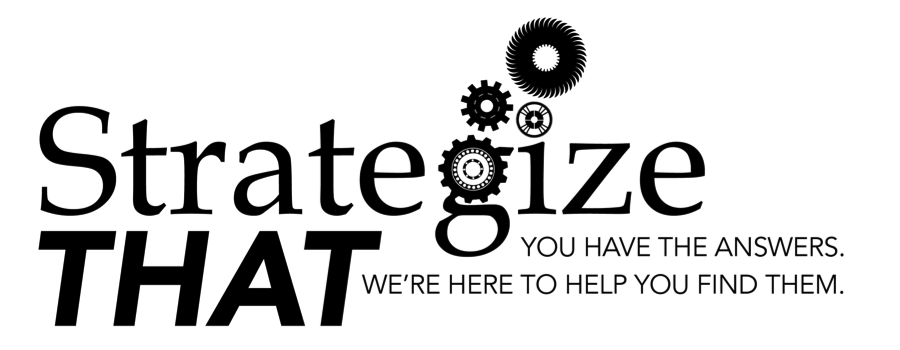So you're starting to feel that itch: You're a little bored in your current job, and you're antsy for a new challenge and to expand your skills. Or maybe today's encouraging jobs climate — with hiring up in many fields and the unemployment rate hovering at pre-recession levels — makes you wonder if better options are out there.
If you're not ready to throw everything at a new job search but want to scope out opportunities, consider a soft-launch on your hunt — making small moves to put yourself in the right position to evaluate the possibilities in your field. These expert-suggested tips can help you start testing the waters.
Use These Magic Words
“I’m open to opportunities,” is the phrase Liu recommends using at industry events to get the word out that you're looking around. Short, sweet and desperation-free, it communicates that you’re not necessarily dissatisfied with your current role ... but you would entertain an offer if one came along.
You can also use this phrase at non-work parties and social events, since it comes off as friendly and inquisitive rather than opportunistic. "Ask people about their jobs, and if their company or role sounds intriguing, tell them this and ask them to keep you in mind if anything opens up in their space,” suggests Lori Scherwin, executive coach and founder of career firm Strategize That.
Network Within Your Workplace
Letting coworkers you trust know that you’re thinking of climbing the next rung of the ladder is another soft-launch tactic, says Scherwin. You aren’t announcing to everyone that you want to move; you're just talking to close confidantes.
Think of it as networking inside your own company. Invite a coworker to lunch or coffee and ask if they know of openings or recruiters you can talk to. Show up at internal events, trainings and presentations, where you can build relationships with a larger range of colleagues and have conversations with people in other departments, suggests Scherwin. Then inquire about opportunities.
As for looking for open positions within your current workplace, don’t talk to your boss or go to HR quite yet. Since you’re not 100% in job-hunting mode, you might give the impression that you’re already halfway out the door, which can backfire on you. Instead, keep tabs on the internal job board. Although some roles are never posted, most large companies have an online system where you can get a feel for what's open.
The underlying objective of all these soft-search suggestions is the same: It’s not necessarily to job hunt, but to build your own professional and personal network. You never know where that might take you, says Scherwin.
Full Forbes article






